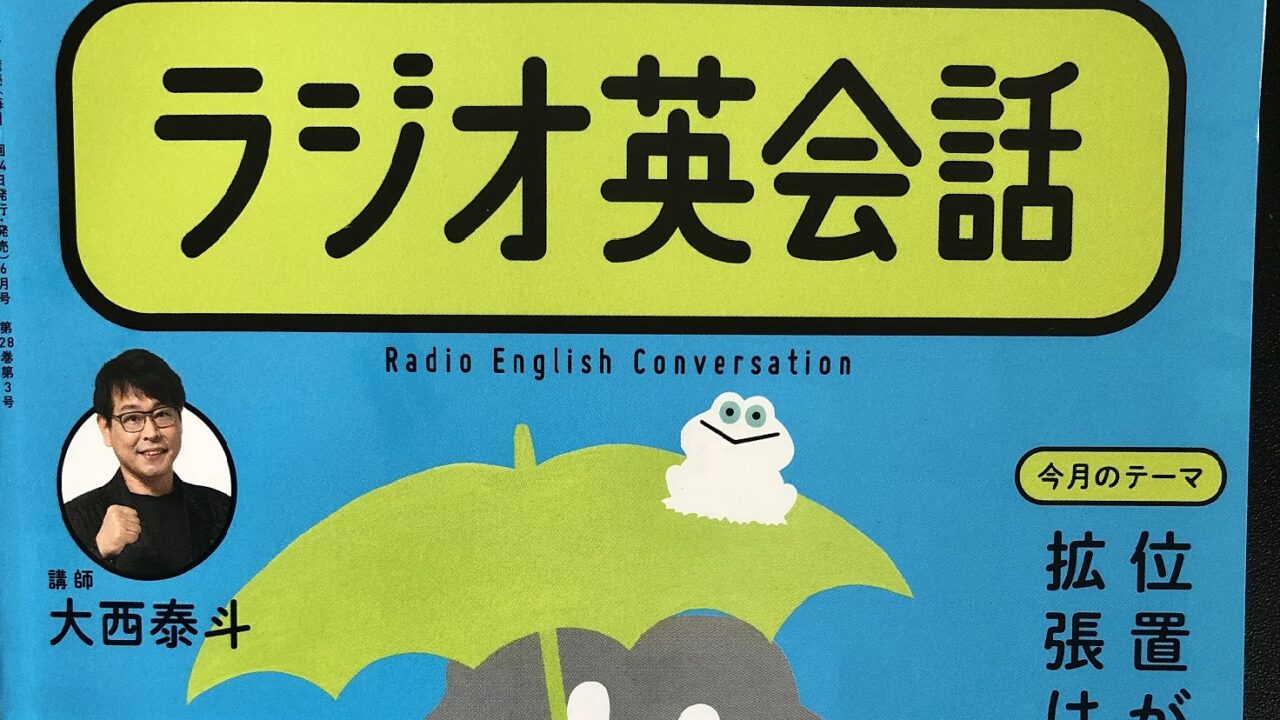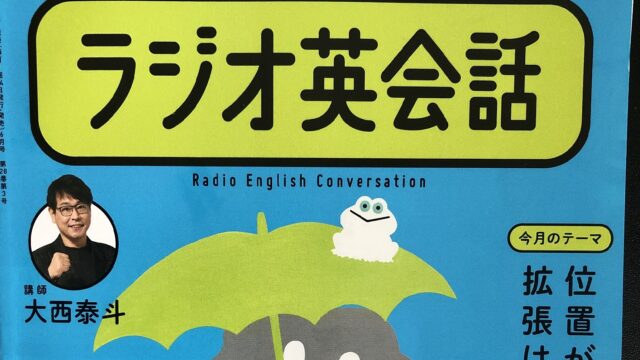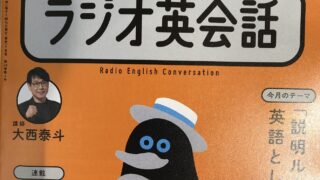June 25 2021, Friday
Lesson 60 Review
☆Listening Challenge
Monday:
Which of the following is true?
C: The woman told him to do 10 more sit-ups.
Tuesday:
Is there a dress code for the meeting?
A: Yes, everyone has to wear business casual.
Wednesday:
What is the man’s advice to the woman?
B: To enjoy different kinds of food.
Thursday:
How did the man lose his room key?
B: It fell out of his pocket.
☆Say it in English
1⃣ 夕食にあなたはニンジンの入った野菜炒めを作りました。でも好き嫌いの多い息子は、お腹いっぱいだと言い訳をして食べようとしません。健康が心配なあなたは少しきつい調子でたしなめます。
Son: I’m full.
You:
① あなたがお腹いっぱいだろうが関係ありません。全部食べなさい。
② ニンジンは健康にとてもいいのですよ。
**carrot:
**full:
**eat up:
2⃣ あなたのおススメで「みそ煮込みホテル」に行った同僚が、サービスが良くなかったと文句を言っています。誤解を解きましょう。
Coworker: Hey, the hotel you recommended was not so good. The service there was well below par.
**par:
**well below par:
You:
① ちょっとした誤解があるようですね。
② 私はみそ煮込みホテルが最上のホテルだとは言いませんでした。私が言ったのは、みそ煮込みうどんを食べる最高の場所だということです。
**seem to:
**misunderstanding:
**some misunderstanding:
======================================
June 25 2021, Friday
Lesson 60 Review
(日本語訳・解説付き)
☆Listening Challenge
Monday:
Which of the following is true?
(次のうち正しいのは?)
C: The woman told him to do 10 more sit-ups.
(女性は彼にあと10回腹筋するように言った)
Tuesday:
Is there a dress code for the meeting?
(会議のドレスコードはありますか?)
A: Yes, everyone has to wear business casual.
(はい、全員ビジネスカジュアルの服装をしないといけない)
Wednesday:
What is the man’s advice to the woman?
(女性への男性のアドバイスは?)
B: To enjoy different kinds of food.
(様々な食べ物を楽しみなさい)
Thursday:
How did the man lose his room key?
(男性はどうやって部屋のカギを失くした?)
B: It fell out of his pocket.
(カギがポケットから落ちた)
☆Say it in English
1⃣ 夕食にあなたはニンジンの入った野菜炒めを作りました。でも好き嫌いの多い息子は、お腹いっぱいだと言い訳をして食べようとしません。健康が心配なあなたは少しきつい調子でたしなめます。
Son: I’m full.
(おなかいっぱいです)
You:
①あなたがお腹いっぱいだろうが関係ありません。全部食べなさい。
I don’t care if you’re full. Eat up!
I don’t care の後ろに if/whether 節がきて、「~かどうかは気にならない=気にしない・関心がない」
**full: いっぱい
**eat up: 全部食べる
※up に完全性が感じられている
②ニンジンは健康にとてもいいのですよ。
Carrots are very good for your health.
**carrot: ニンジン
※ carrots と a, the などの限定詞が付かず複数形であることに注意。「裸の複数形」は特定のモノを指さず「○○一般」を表す。「ニンジンというものは健康に良い」と言っている。
2⃣ あなたのおススメで「みそ煮込みホテル」に行った同僚が、サービスが良くなかったと文句を言っています。誤解を解きましょう。
Coworker: Hey, the hotel you recommended was not so good. The service there was well below par.
(ねえ、あなたがおススメしたホテルはあまりよくありませんでした。サービスがあまり良くなかったです)
**par: 基準、標準
**well below par: はるかに基準を下回る
You:
①ちょっとした誤解があるようですね。
There seems to be some misunderstanding.
**seem to: ~のように見える・思える
**misunderstanding: 誤解
**some misunderstanding: ちょっとした誤解
②私はみそ煮込みホテルが最上のホテルだとは言いませんでした。私が言ったのは、みそ煮込みうどんを食べる最高の場所だということです。
I didn’t say Misonikomi Hotel was the best hotel. What I did say was that it’s the best place for misonikomi udon.
what I did say は wh節で「私が何を言ったのか・私が言ったこと」両用のフレーズ。did は文全体の協調。つまり「私が実際に言ったのは」という強調。
See you next week!




